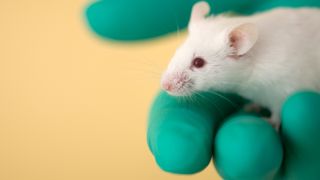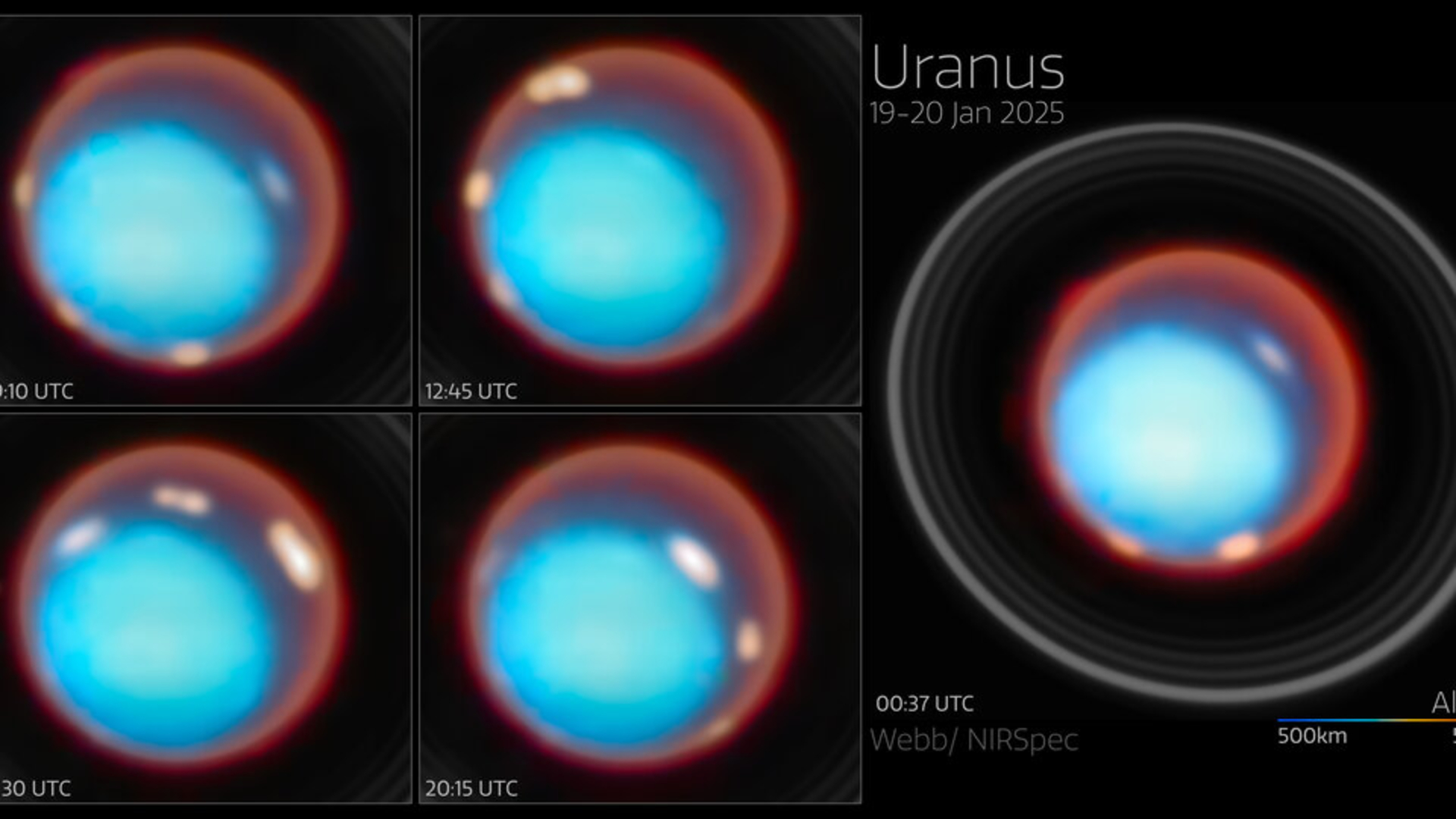Science News: Recent scientific discoveries and expert analysis
Read the latest science news and recent scientific discoveries on Live Science, where we've been reporting on groundbreaking advances for over 20 years. Our expert editors, writers and contributors are ready to guide you through today's most important breakthroughs in science with expert analysis, in-depth explainers and interesting articles, covering everything from space, technology, health, animals, planet Earth, and much more.

Explainers | Everything you need to know about the science news that matters.

Science Spotlight | Shining a light on new science transforming our world.
Latest news
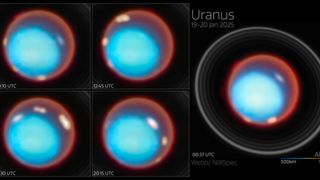
James Webb telescope spots giant auroras rolling through Uranus' atmosphere
By Elizabeth Howell published
JWST observed Uranus for nearly a full rotation, charting the planet's upper atmosphere and magnetic environment for the first time.
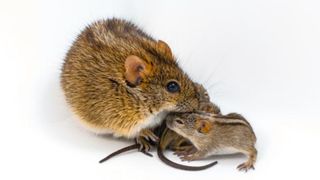
Scientists find genetic 'switch' in mice that turns caring dads into violent brutes
By Kenna Hughes-Castleberry published
A new study suggests that the Agouti gene in the brains of male African striped mice can act as a molecular "switch," making them caring or violent toward their young.
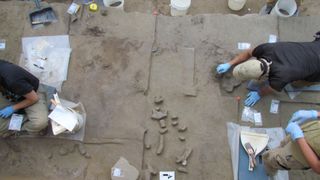
14,000-year-old ivory tools found in Alaska hint at how Clovis ancestors first arrived in the New World
By Charles Q. Choi published
Ancient artifacts unearthed in Alaska revealed migrants from Asia might have come to the Americas via an inland route, and not a coastal path.
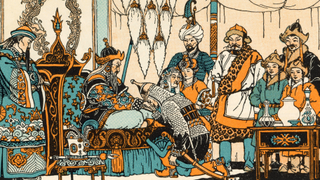
Far fewer people are related to Genghis Khan than previously assumed, new genomic study suggests
By Kristina Killgrove published
Some experts have suggested as many as 1 in 200 men in the world are related to Genghis Khan. But a new genomic study reveals the number is significantly lower.
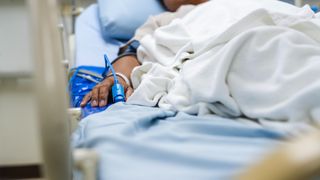
Obesity is linked to 1 in 10 deaths from infection worldwide — and scientists are still learning why
By Stephanie Pappas published
A new study finds that people with obesity are more likely to be hospitalized with or die from severe infections.
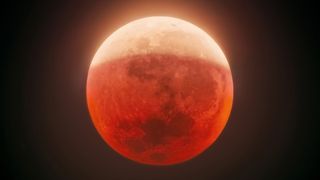
How to see the March 3 'blood moon' eclipse from anywhere on Earth
By Jamie Carter published
The final "blood moon" total lunar eclipse until 2029 is coming to North America this Tuesday (March 3). Here's how to watch it online.
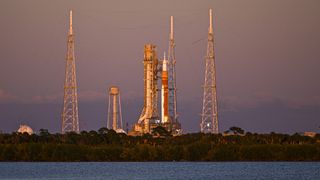
NASA set to roll Artemis rocket back for urgent repairs after yet another delay
By Patrick Pester last updated
NASA is about to roll its Artemis II moon rocket back to the Vehicle Assembly Building to fix a helium flow issue that guarantees astronauts won't fly around the moon in March.
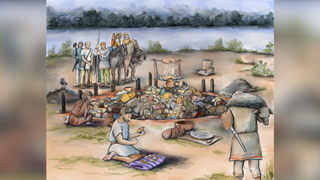
2,800-year-old mass grave of women and children discovered in Serbia reveals 'brutal, deliberate and efficient' violence
By Kristina Killgrove published
An analysis of a mass grave found in northern Serbia is revealing new information about violence in Early Iron Age Europe.
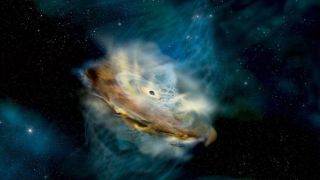
Scientists spot 'rule-breaking' black hole growing 13 times faster than should be possible
By Ivan Farkas published
An ancient, fast-feeding quasar is breaking the rules of how black holes consume matter and generate galaxy-shaping jets.
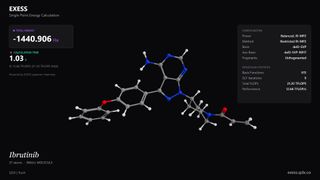
Ultrafast quantum chemistry engine could speed up the development of new medicines and materials
By Skyler Ware published
The powerful software can reduce the time needed to simulate reactions with large molecules from weeks to just minutes.
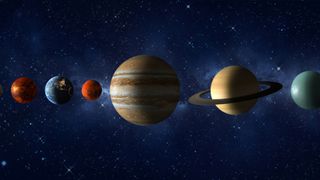
Rare 'planetary parade' will return to the evening sky this week
By Jamie Carter published
Six planets will shine together in the evening sky on Feb. 28. Here's how to get the best view before they disappear.
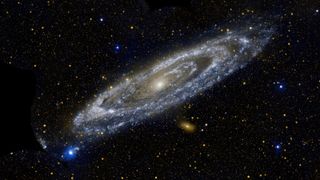
Scientists may have seen a star collapse directly into a black hole without exploding first
By Evan Gough published
A new study looked at how a massive star in the Andromeda Galaxy disappeared due to the formation of a black hole
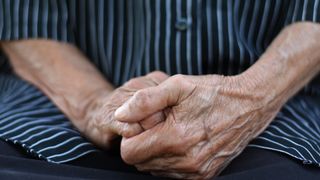
'The limits of human longevity have still not been reached,' study suggests
By Florian Bonnet, Carlo Giovanni Camarda, France Meslé, Josselin Thuilliez published
A new study, analyzing 450 regions in western Europe, focused on where the oldest people end up residing across the continent.
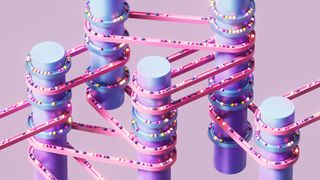
'Thermodynamic computer' can mimic AI neural networks — using orders of magnitude less energy to generate images
By Anna Demming published
Researchers generated images from noise, using orders of magnitude less energy than current generative AI models require.

Scientists propose new plan to 'catch' comet 3I/ATLAS — but we have to act fast
By Matthew Williams published
A new study explores the challenges of catching interstellar comets like comet 3I/ATLAS
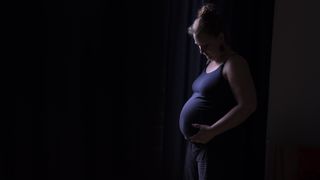
Emerging embryo-selection technologies are currently 'little more than snake oil.' But someday, they could widen social inequities.
By Daphne O. Martschenko, Sam Trejo published
Book In the book "What We Inherit," experts unpack long-standing myths about genes and how those myths could shape public opinion around emerging embryo-selection technologies.
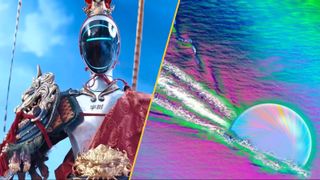
China's kung fu robots, physicists' re-creation of the Big Bang soup, a teenager buried with her father's bones on her chest, and mathmeticians puzzle over AI taking their jobs.
By Ben Turner published
Science news this week Feb. 21, 2026: Our weekly roundup of the latest science in the news, as well as a few fascinating articles to keep you entertained over the weekend.
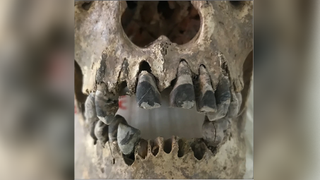
2,000-year-old skulls reveal people in ancient Vietnam permanently blackened their teeth — a stylish practice that persists today
By Kristina Killgrove published
In a study of 2,000-year-old skulls from Vietnam, archaeologists discovered that iron was the primary component that dyed teeth black.
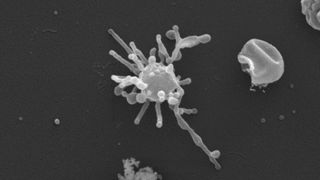
Ancient 'Asgard' microbe may have used oxygen long before it was plentiful on Earth, offering new clue to origins of complex life
By Kenna Hughes-Castleberry published
A new study suggests that ancient microbes once cast as oxygen haters may have actually learned to use the gas, offering a clue to how the first complex cells — and, eventually, all plants and animals — evolved.
Get the world’s most fascinating discoveries delivered straight to your inbox.
 Live Science Plus
Live Science Plus











